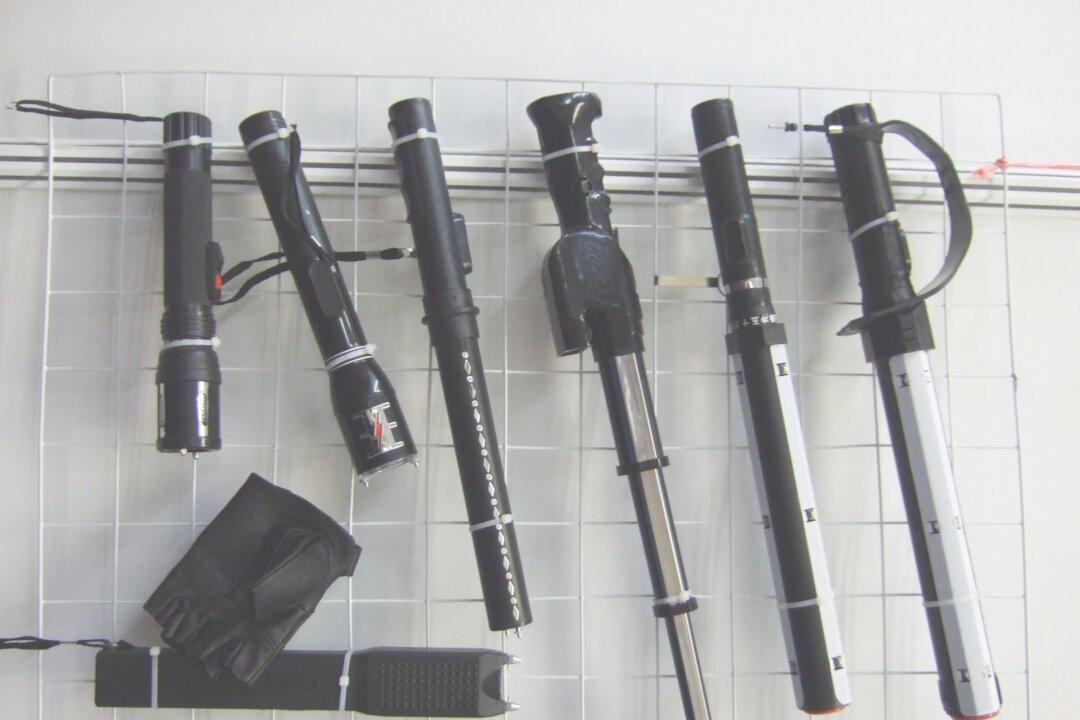It was the pursuit of truth—not politics—that animated Chinese academic Fang Lizhi, he says in a newly published posthumous autobiography, which is his final last say about his high-profile role during a tense and epoch-making period of time in modern Chinese history.
Fang and his wife spent over a year in closely guarded asylum in the U. S. Embassy in Beijing after the Tiananmen Square massacre on June 4, 1989. He had been placed at the top of the Chinese Communist Party’s most wanted list, and had been accused of all manner of dastardly political crime.
According to Fang, it was simply his essential nature to ask tough questions, track down the truth, and look beyond the dogma and the Party line; he says that despite his writings on freedom and democracy, he never thought himself a political agitator.
Deng Xiaoping, then-leader of the Communist Party, however, saw Fang as a grave threat and a leader of the “counterrevolutionary” student activities.
Whatever his motivations, his views on democracy were undoubtedly a powerful influence on the student dissidents and what brought him and his wife to seek asylum in the U.S. Embassy.
The day after the bloody suppression in Beijing, Fang and his wife, at the insistence of their friends, went to the embassy to apply for asylum. With the intervention of President George H. W. Bush, they became “personal guests” for over a year.
Fang and his wife spent almost 13 months in a small, secret room at the embassy, while senior U.S. officials negotiated with Party leaders to let them leave.
While Henry Kissinger and Brent Scowcroft brokered Fang’s safe exit from China, Deng demanded a “confession”—which turned out to be only a small part of the package Deng demanded of the U. S. for Fang’s release, and which the U.S. refused as excessive.
Despite being restricted to the Embassy, Fang continued to write, publishing both professional works on astrophysics and human rights, China’s past and future, and what he saw as the failure of the Communist Party.
From his small room he posed a question that is as vital to China’s future today as it was in 1989: “Do stability and economic growth justify lethal force of the kind used at Tiananmen? An elemental principle of human rights is at stake here: you cannot use violent force to take the lives of one group of people (even if it is a minority) in order to serve the material interests of another group (even a majority).”
Fang and his wife left the embassy for exile in the United States on June 25, 1990. He taught astrophysics at the University of Arizona until his death in 2012.
His book goes on sale this week in Hong Kong; it will almost certainly be banned in China.



